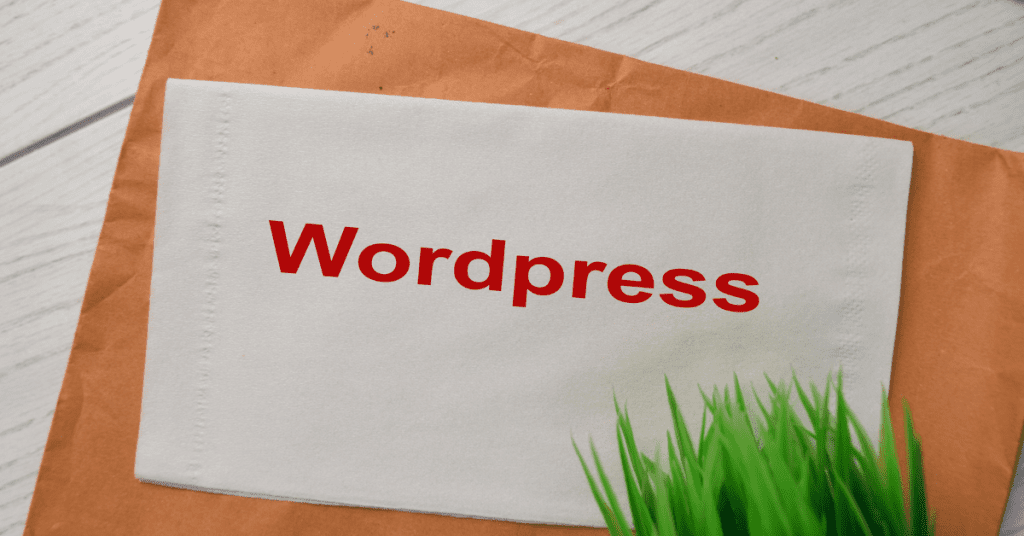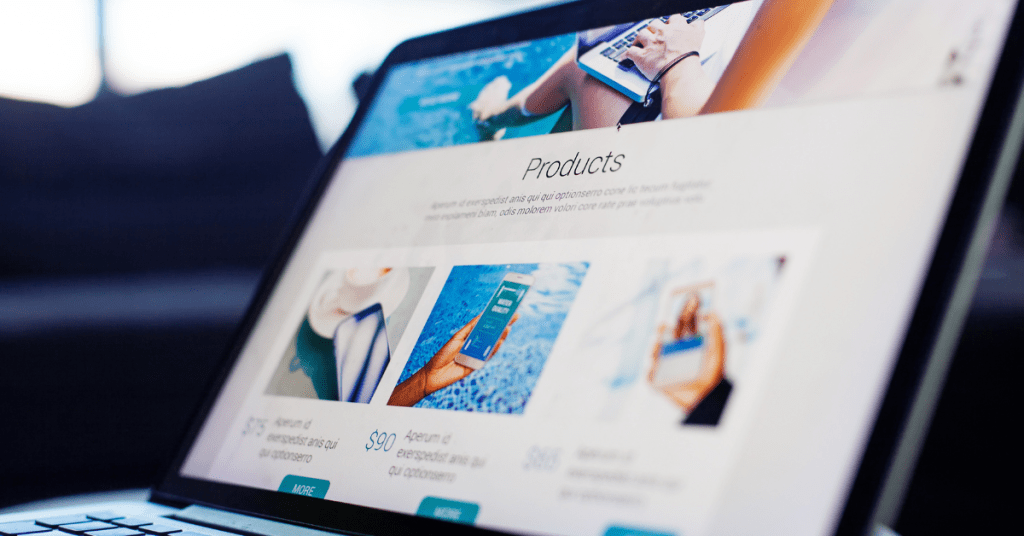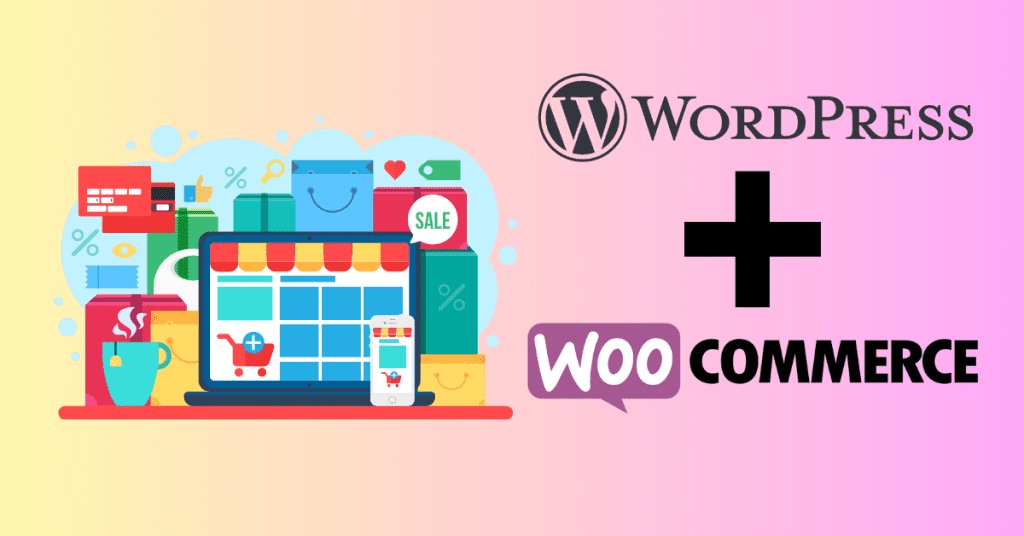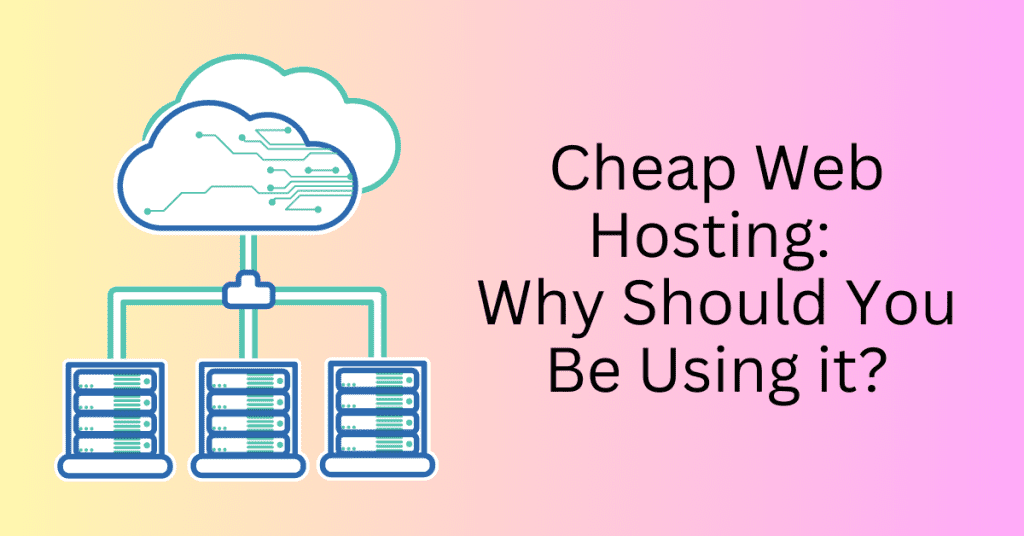Private labelling is a concept that has gained significant traction in the business world. In addition, it is transforming the way we perceive and interact with everyday products. In fact, it’s a concept that has changed the game for countless businesses, and many of us interact with private-label products daily without even realizing it.
Imagine walking down the aisles of your favourite grocery store, picking up a can of beans, or sifting through a rack of stylish clothing at your preferred department store. It’s quite likely that some of these products bear a brand name that’s unfamiliar to you.
These are private-label products, and they’ve disrupted traditional retail paradigms, offering consumers a wealth of options and businesses a unique avenue for growth.
Join the Free PLR Funnel Masterclass
From the intriguing story of how private labels came into existence to the myriad ways they’ve impacted our shopping experiences, we’ll uncover the inner workings of this fascinating phenomenon. Let’s explore the mystery behind private labels and discover how is work.
Start Your Private Label Product Store Online with Shopify
What is Private Label?
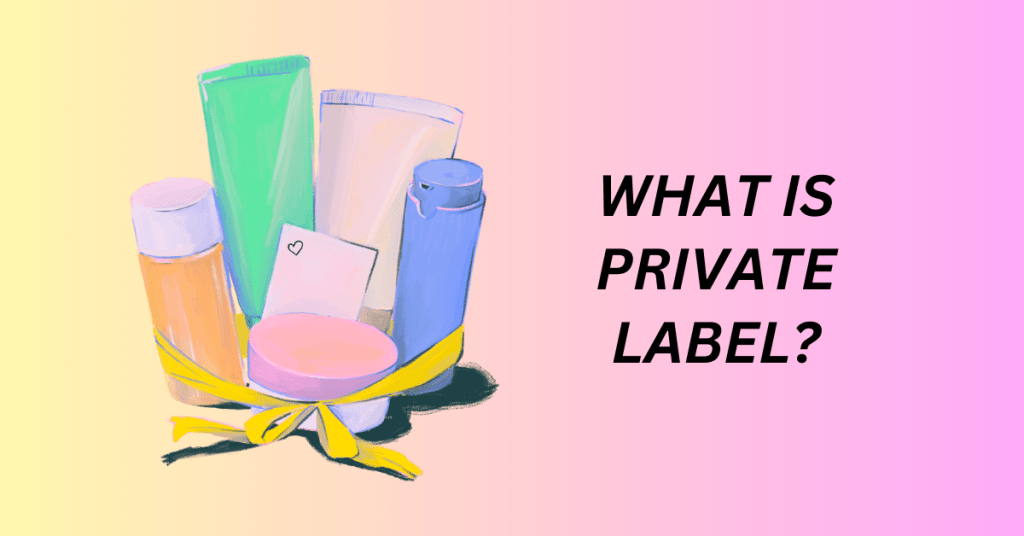
A private label is often referred to as a store brand or own brand. It is a product that is created or sourced by a retailer but sold under the retailer’s unique label or brand name.
Unlike nationally recognized brands that are produced by independent companies and distributed widely across multiple retailers, private labels are exclusive to a particular store or retail chain. This exclusivity allows retailers to have greater control over various aspects of the product, including its quality, pricing, packaging, and branding.
Join the Free PLR Funnel Masterclass
Essentially, private labels offer consumers an alternative to name-brand products. In fact, they are usually developed to meet the specific needs and preferences of the retailer’s target customer base.
Private labels can encompass a wide range of products, from groceries and household items to clothing, electronics, and more. These products are often designed to be competitive in terms of both quality and price, offering consumers a choice between more affordable options and established national brands.
Private labels have gained popularity as retailers recognize the opportunity to build brand loyalty and increase profit margins, while consumers appreciate the value and quality they can find in these exclusive store-brand offerings.
Start Your Private Label Product Store Online with Shopify
How Does Private Labelling Work?
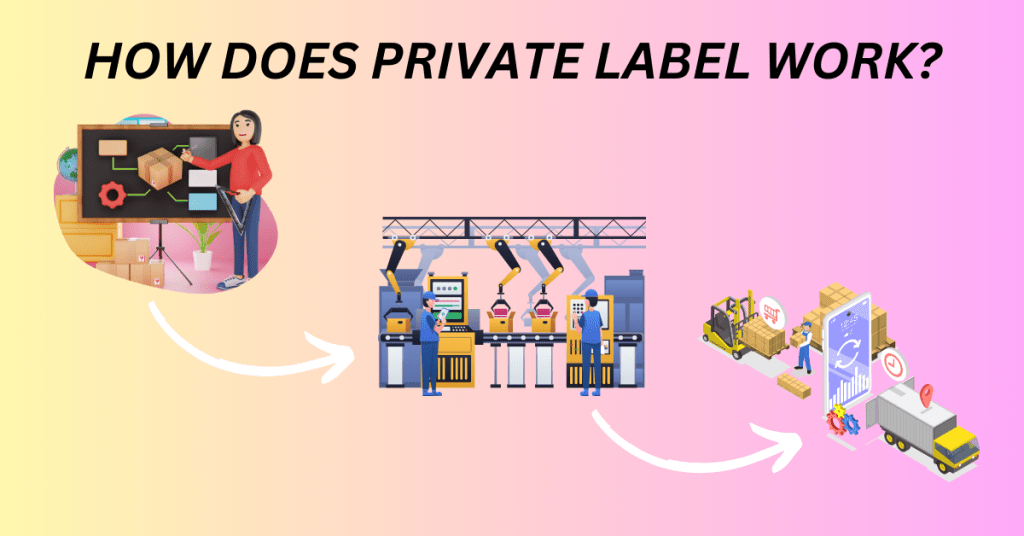
Private labelling is a business model in which a retailer partners with a manufacturer or supplier to create and sell products under the retailer’s own brand or label. Here’s a step-by-step breakdown of how private labelling typically works:
1. Concept and Design:
Firstly, you start by identifying the types of products you want to offer as private labels. This could range from food and beverages to clothing, electronics, or any other category relevant to your target market.
2. Sourcing and Manufacturing:
Then, you can collaborate with a manufacturer or supplier to produce these products. The manufacturer can either offer existing products from their catalogue or work with you to develop custom items to meet your specifications.
3. Branding:
You are responsible for designing the packaging, labels, and branding of the private label products. This branding often aligns with the store’s image, values, and marketing strategy.
4. Quality Control:
You need to maintain a strong emphasis on quality control to ensure that your private-label products meet your standards. This can involve rigorous testing and quality assurance procedures.
5. Pricing:
You have control over the pricing of your private-label products. In fact, you should aim to offer these products at competitive price points compared to name-brand alternatives, attracting cost-conscious consumers.
6. Marketing and Promotion:
Private-label products are promoted through various marketing channels, both in-store and online. You may highlight the affordability, quality, or unique attributes when compared to name-brand competitors.
7. Exclusivity:
One of the key elements of private labelling is exclusivity. You should ensure that the private label products are only available within your stores or on your e-commerce platforms. This exclusivity sets you apart from your competitors and creates a sense of loyalty among customers.
8. Distribution:
You can distribute the private label products through your own stores, both online and offline. You handle the distribution logistics to ensure the products are readily available to your customers.
9. Feedback and Iteration:
Finally, you should often collect feedback from consumers and use it to improve and refine your private-label products. This feedback loop allows for ongoing enhancements to quality and customer satisfaction.
Start Your Private Label Product Store Online with Shopify
Private Label vs. White-Label Products
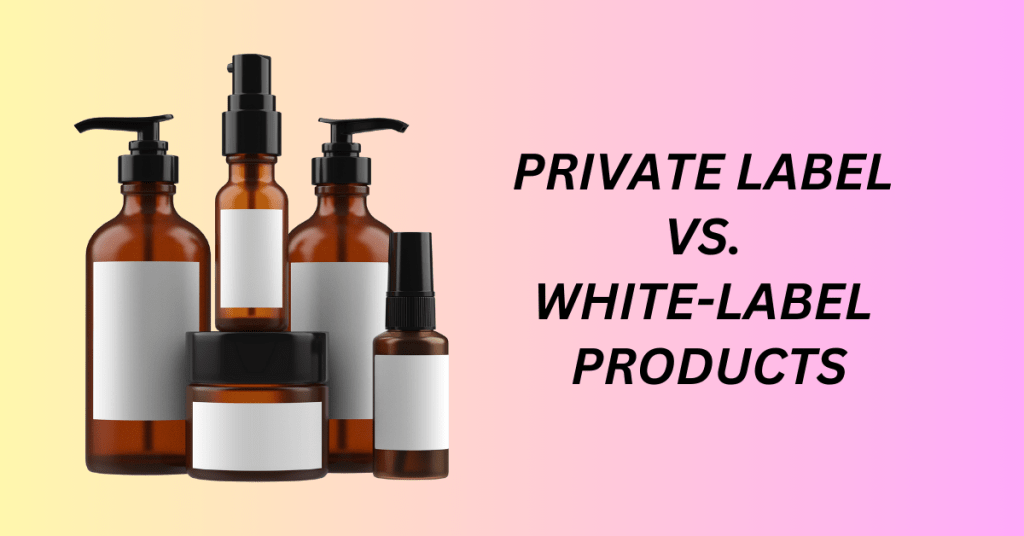
Private labels and white-label products are related concepts in the world of branding and product manufacturing, but they have distinct differences. Let’s explore the key distinctions between the two:
Private-Label Products
Retailer Ownership: Private labels are products owned and sold by a specific retailer under their unique brand or label. Furthermore, these products are exclusive to that retailer, and they often reflect the retailer’s image, values, and marketing strategy.
Customization: Retailers have a high degree of control over the development and customization of private-label products. Also, they can work with manufacturers or suppliers to create products tailored to their target market’s needs and preferences.
Quality Control: Retailers are responsible for ensuring the quality and consistency of their private-label products. They often set stringent quality standards to maintain their brand’s reputation.
Exclusivity: Private label products are exclusively available in the retailer’s stores or on their e-commerce platform, creating a sense of loyalty among customers and differentiating them from competing retailers.
Marketing: Retailers actively promote their private label products, highlighting their benefits, quality, and value compared to name-brand competitors. They invest in marketing and branding to build consumer trust.
Join the Free PLR Funnel Masterclass
White-Label Products
Manufacturer Ownership: White-label products are generic, unbranded items produced by a manufacturer. These products are typically offered to multiple retailers, who can then brand them as their own.
Limited Customization: White-label products are usually mass-produced and have limited customization options. Retailers may have some influence on packaging or labelling, but the core product remains largely the same.
Quality Control: The manufacturer is responsible for quality control in white-label production. Retailers may have less direct influence over the quality of these products.
Availability Across Retailers: White-label products are not exclusive to a single retailer. The same product may be available under various brand names in different stores, allowing retailers to offer a similar product without significant development costs.
Minimal Marketing: Retailers that sell white-label products typically invest less in marketing and branding since the focus is on providing an economical alternative to consumers.
In summary, the main difference between private labels and white-label products is ownership and exclusivity. Private labels are exclusive to one retailer and are fully controlled and customized by that retailer, while white-label products are generic products that can be rebranded and sold by multiple retailers.
Private labels are typically associated with higher quality and a more substantial marketing effort, while white-label products are often chosen for their cost-effectiveness and convenience. Each approach has its advantages based on a retailer’s specific business strategy and market positioning.
Start Your Private Label Product Store Online with Shopify
The Benefits & Drawback of Private Labelling
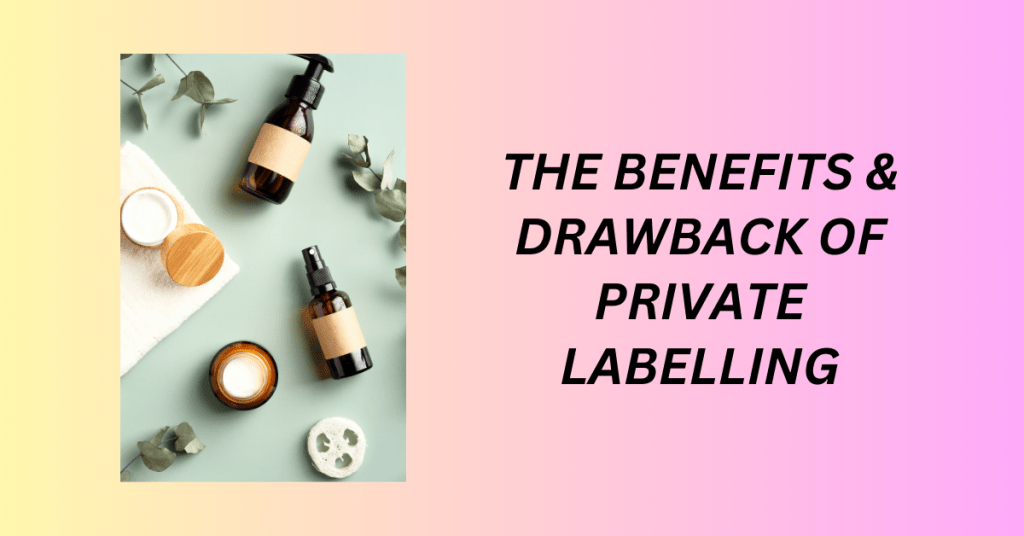
Private labelling, the practice of branding and selling products produced by a third party under your own brand name, has become increasingly popular in the business world. This business strategy offers numerous benefits, but it also comes with its fair share of drawbacks.
Benefits of Private Labeling:
- Cost-Effective: Firstly, private labelling often allows businesses to offer high-quality products without the substantial costs associated with in-house production. You can access a wide range of products at a lower price, making it an attractive option for startups and small businesses with limited budgets.
- Brand Control: Then, by private labelling, you maintain full control over your brand image. This means you can shape the product’s quality, design, and packaging to align with your brand’s identity and customer expectations.
- Speed to Market: In addition, developing a product from scratch can be time-consuming. With private labelling, you can quickly bring new products to market, reducing the lead time for product development.
- Reduced Risk: Private labelling can be a less risky proposition compared to creating entirely new products. You can test the market’s response and demand for a product without the substantial upfront investment.
- Focus on Marketing: Finally, with the manufacturing and quality control handled by a third party, you can allocate more time and resources to marketing and selling your products. This can help you grow your business faster.
Join the Free PLR Funnel Masterclass
Drawbacks of Private Labeling:
- Limited Product Customization: Private labelling restricts your ability to customize products to meet unique specifications. You are essentially adapting existing products, which may not fully meet the demands of your target audience.
- Competition: Since many businesses are using private labelling, it can be challenging to stand out in a crowded market. You’ll need to work diligently on your branding and marketing efforts to distinguish yourself.
- Quality Control Issues: Relying on a third-party manufacturer can lead to quality control problems. If the manufacturer fails to meet your standards, it can damage your brand’s reputation and customer trust.
- Profit Margins: While private labelling is cost-effective, profit margins can be lower than if you were producing your products in-house. You’ll need to find a balance between cost and quality to maintain profitability.
- Dependency on Suppliers: Your business is heavily dependent on your suppliers. If they experience issues, such as production delays or quality problems, it can disrupt your supply chain and affect your business.
- Brand Equity: Private labelling may not allow you to build the same level of brand equity as creating unique, proprietary products. Your brand’s identity might always be somewhat tethered to the manufacturer’s reputation.
Join the Free PLR Funnel Masterclass
Private labelling can be a viable strategy for many businesses, especially those looking to enter the market with a limited budget. It offers cost-efficiency, brand control, and speed to market. However, it’s not without its challenges, including limited customization, competition, and potential quality control issues. Ultimately, the suitability of private labelling depends on your business goals, market conditions, and your ability to effectively manage and market your private label products.
Start Your Private Label Product Store Online with Shopify
Examples of Private-Label Products
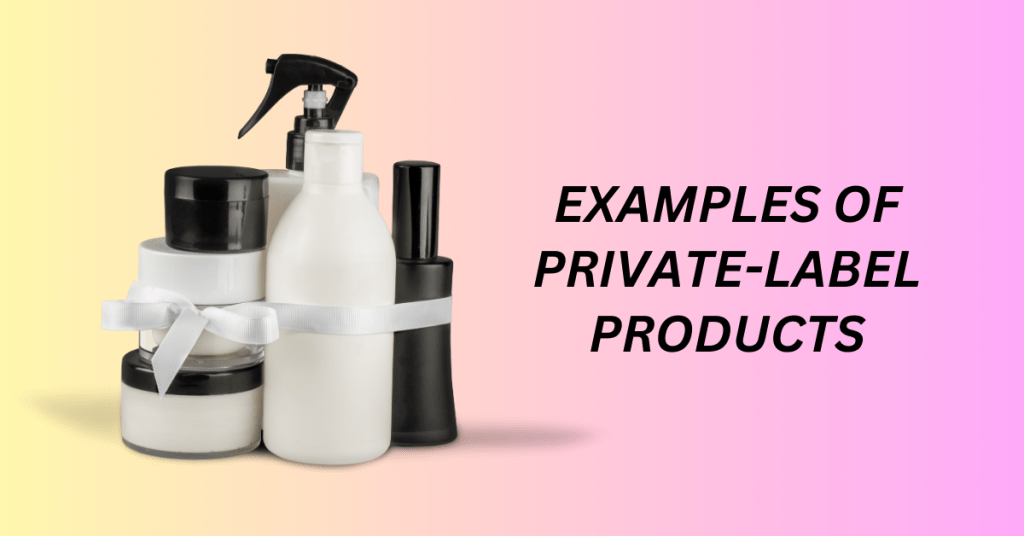
1. Coffee – Private-Label Products
Private-label coffee refers to coffee products sold under a specific retailer’s or brand’s name, rather than a well-known national or international coffee brand.
These coffees come in various blends, roasts, and flavours, catering to diverse consumer preferences. In addition, private-label coffee can include whole beans, ground coffee, and coffee pods for single-serve machines.
Private-label coffee is often more affordable than popular national brands. In overall, retailers can provide quality coffee options at a lower price point, making it an attractive choice for budget-conscious shoppers.
Private-label coffee is commonly found in supermarkets, grocery stores, and online retailers. It offers consumers convenience and affordability when shopping for their favourite brews.
2. Pet Food – Private-Label Products
Private-label pet food includes a variety of food products for pets like dogs and cats, produced and sold by retailers under their own brand names.
Private-label pet food encompasses dry kibble, canned food, and treats. These products aim to provide balanced nutrition for pets, often at a more budget-friendly price compared to premium national brands.
Meanwhile, private-label pet food allows pet owners to provide quality nutrition for their animals without the premium cost associated with well-known pet food brands. It offers a cost-effective option for pet care.
You can find private-label pet food in pet stores, supermarkets, and large retail chains specializing in pet supplies.
3. LED Lights – Private-Label Products
Private-label LED lights refer to lighting products, including bulbs, fixtures, and lamps, produced and marketed by retailers or manufacturers under their own brands.
These LED lights are also energy-efficient and come in various styles and sizes, making them suitable for different lighting needs, from general illumination to task lighting.
In addition, private-label LED lights offer environmentally friendly and cost-effective lighting solutions. They often provide quality lighting at competitive prices, helping consumers save on energy costs.
You can find private-label LED lights in home improvement stores, hardware stores, and online marketplaces.
4. Phone Accessories – Private-Label Products
Private-label phone accessories are accessories for mobile devices, such as smartphones and tablets, produced by retailers under their own brand names.
These accessories include phone cases, screen protectors, chargers, headphones, and more. They aim to provide customers with reliable and stylish options for protecting and enhancing their devices.
Private-label phone accessories often offer quality and style without the premium price tags associated with popular brand-name accessories. They also cater to a wide range of devices and consumer preferences.
These accessories can be found in electronics stores, mobile phone shops, and large retail chains with electronics departments.
5. Apparel – Private-Label Products
Private-label apparel refers to clothing and fashion items produced by clothing retailers or brands under their own names, as opposed to well-known fashion labels.
Private-label apparel encompasses a wide range of clothing items, from basic essentials like t-shirts and jeans to more fashionable garments like dresses, outerwear, and accessories.
Shoppers can then enjoy stylish and affordable fashion choices through private-label apparel. These clothing lines also provide budget-friendly options that often align with current fashion trends.
Private-label apparel is commonly available in clothing stores, department stores, and online retail websites.
6. Smart Backpacks – Private-Label Products
Private-label smart backpacks are backpacks designed and branded by manufacturers or retailers. Furthermore, it is equipped with technology features like USB charging ports and RFID protection.
These backpacks combine traditional backpack functionality with modern technology. They often include compartments for laptops, tablets, and other electronic devices.
Private-label smart backpacks provide tech-savvy consumers with practical and stylish options for carrying their devices. They offer the convenience of on-the-go charging and security features.
You can also find private-label smart backpacks in electronics stores, luggage shops, and online marketplaces.
7. Personal Care Products – Private-Label Products
Finally, private-label personal care products include a range of items like shampoos, conditioners, body wash, skincare, and cosmetics produced and sold by retailers under their own brand names.
You can design it to cater for personal grooming and hygiene needs. It often offers quality formulations that are comparable to well-known brand-name products.
In addition, private-label personal care products provide consumers with cost-effective alternatives for their daily grooming routines. They are typically available at large pharmacy chains, drugstores, and online retailers.
In short, private-label products in each of these categories offer consumers an array of choices that balance quality and affordability. These products often provide budget-friendly alternatives to national brands without compromising on quality. The availability of private-label products in various physical and online stores makes them accessible to a wide range of consumers.
Start Your Private Label Product Store Online with Shopify
Final Thoughts – What Is a Private Label? How Private-Label Products Work
In conclusion, private-label products have come a long way from being perceived as mere generic alternatives. They have carved their own space in the retail world, offering consumers affordability, quality, and diversity.
Private labelling is not just a branding strategy; it’s a dynamic force that continues to evolve and adapt to changing consumer preferences and market trends.
As you navigate the world of shopping, whether in a physical store or online, take a moment to appreciate the array of private-label products on display. Behind each one is a unique story of innovation, collaboration, and consumer-centric thinking.
So, the next time you pick up a private-label product, remember that you’re experiencing a paradigm shift in the retail landscape, one that empowers consumers and fosters innovation. Whether you’re looking for cost-effective yet high-quality options or innovative solutions, private-label products are likely to play a central role in your online business journey.
